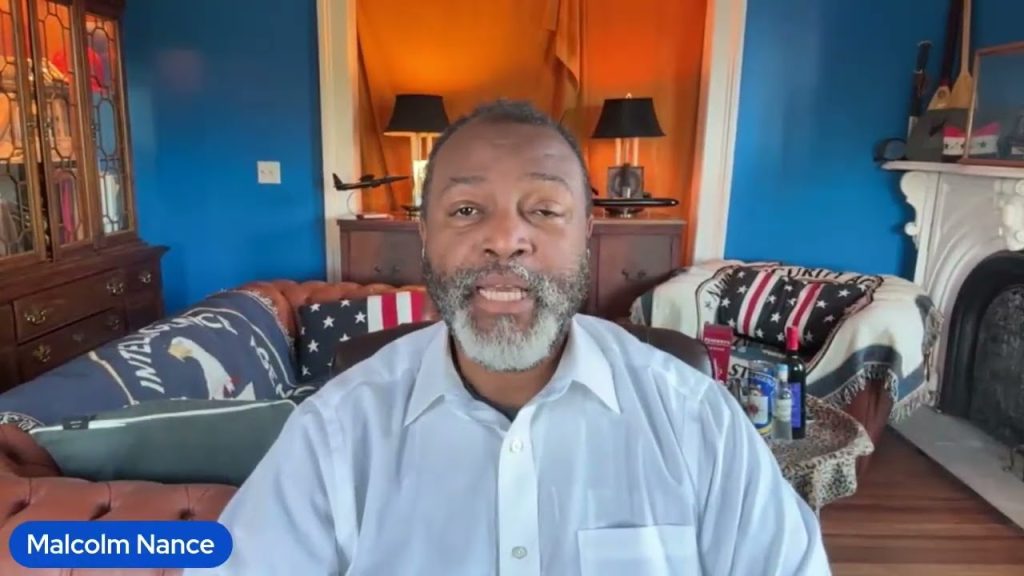In a recent online political commentary, a host discussed what they termed “Trump’s international weakness,” highlighting two alarming incidents involving U.S. allies that underscore the deterioration of American foreign policy under the former president. The analysis draws attention to the significant geopolitical implications of recent events, suggesting that Trump’s approach to international relations fails to account for the realities of today’s global landscape.
The discussion kicks off with the assertion that two allies, Poland and Qatar, found themselves embroiled in conflict situations that would have seemed improbable only a few years ago. The host argues that the current scenarios facing these nations are symptomatic of a broader trend, rooted in a foreign policy framework marked by unilateralism and a hollow proclamation of strength.
The first incident involves Poland, which has become the subject of an incursion by Russian military aircraft violating its airspace. As a NATO member, Poland’s borders are meant to be fortified by the alliance’s mutual defense commitments. Yet, the boldness of Russia in potentially ignoring these commitments raises questions about the efficacy of NATO’s collective security assurances in the face of a ramped-up aggressor. The Polish Air Force, alongside NATO allies, responded by intercepting Russian drones, illustrating that while military readiness remains, the overarching assurance of safety may be in question.
The second incident affecting U.S. allies arose in Qatar, where an Israeli airstrike aimed at Hamas officials inadvertently hit the capital. This occurrence exposed vulnerabilities in the region, raising alarms about the U.S. role as a stabilizing force. Qatar is strategically important, not only as a host of U.S. military installations but also as a key player in managing the complexities of Middle Eastern geopolitics. Incidents like these suggest a destabilizing ripple effect that conflicts could produce, further complicating America’s relationships in an already volatile region.
The commentary elaborates on how Trump’s foreign policy vision, characterized by isolationist tendencies and a reduction in foreign aid, has inadvertently weakened America’s soft power. The strategic outreach and partnerships that soft power typically cultivates have diminished, resulting in a concerning decline not only in American influence abroad but also in the respect granted by allies and adversaries alike. This “going it alone” approach, the host notes, stands in stark contrast to the lessons learned throughout history—where collaboration and international support proved to be the linchpins of security and diplomacy.
Moreover, the dismissal of foreign aid funding under Trump’s administration is emphasized as a critical misstep. Such funding historically serves as a tool for fostering goodwill and strong alliances, quintessential elements of effective diplomacy. By undermining these efforts, the United States jeopardizes not only its relationships but also its position in global leadership amidst rising challenges.
The consequences of these policies, as articulated in the video, extend beyond immediate military engagements. They ripple through the fabric of international relations, suggesting a re-calibration of how allies perceive American reliability. With adversaries emboldened and allies increasingly vulnerable, the implications for future American foreign policy are profound.
As the world watches the interplay of military actions and diplomatic relations, it is clear that the current trajectory underlines a critical period for U.S. foreign policy. The discussions around Trump’s international weakness highlight not just a matter of political opinion, but rather a significant pivot point in how global power dynamics are shifting. The impact of these events will likely resonate well into the future, shaping the contours of international diplomacy for years to come.



